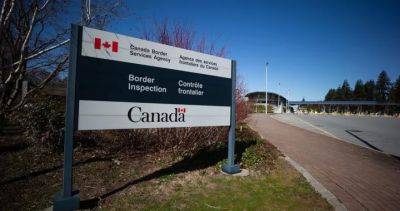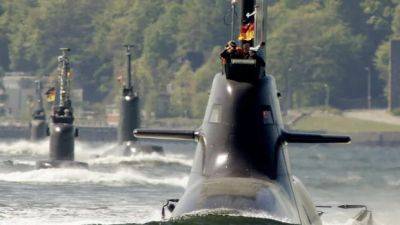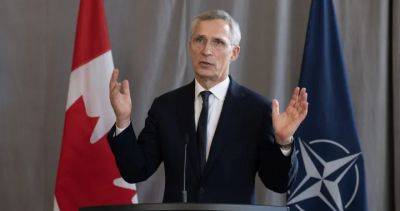Rising economic indicators pushing Canada further from NATO spending target, MPs hear
Newly revised economic data suggests Canada's pledge to bring its defence spending closer to NATO's benchmark is coming off the rails already, a House of Commons committee heard Monday.
A little more than two months after the Liberal government promised to increase its defence spending to 1.76 per cent of the gross domestic product by the end of the decade, a defence analyst told MPs that target likely won't be reached.
The pledge was made in Canada's new defence policy, Our North, Strong and Free, released back in April. It still falls short of NATO's benchmark, which calls on member states to spend at least the equivalent of two per cent of their national GDP on defence and security.
On Monday, NATO issued a report tracking all member countries' projected defence spending for 2024; it forecast Canada would spend 1.37 per cent of its GDP on defence.
«Since [the new defence policy] was published, the [Organisation for Economic Co-operation and Development] economic projections used in that calculation have already been revised upwards for the next two years, which means that [Canada's] share of GDP spent on defence will drop,» Dave Perry, president of the Canadian Global Affairs Institute (CGAI), told the House of Commons defence committee on Monday.
«As a result, as of today, we are already falling short of the spending as a share of GDP outlined in the policy.»
Defence spending measured as a percentage of GDP can rise or fall depending upon how well the economy is doing. If the fiscal outlook improves, the percentage of GDP being spent on defence goes down; the reverse is true if the economy declines.
At last year's NATO summit in Vilnius, Lithuania, allies agreed to make the two per cent benchmark «an enduring commitment.»







